Will Ye Go, Lassie, Go?
On Wild Mountain Thyme, grief and courage for the heart
It wasn’t a question but a decision already made.
The day after, I stumbled up Traprain Law in East Lothian in a head-birl. And that was when I noticed it, really noticed it, for the first time.
Oh the summertime is coming - and the trees are sweetly blooming - and the Wild Mountain Thyme - grows around the blooming heather
Wild Mountain Thyme (Thymus polytrichus) - dense, dainty, low-lying clumps of purple flowers in amongst crag and heather, the acid yellow froth of lady’s bedstraw and soft clouds of yarrow alongside.
My outdoor eye, convoyed by feet with a near pathological need to tramp, tramp, tramp has tended to stray upwards to skylarks or out to sea, whilst this neat wee plant has nestled in-between rocks - there, in plain sight - all my life.
The song swims immediately to mind, of course, in my interior folksong jukebox -
Will ye go lassie, go? - and we’ll all go together - to pull Wild Mountain Thyme - all around the bloomin heather - Will ye go, lassie, go?
Joan Baez and Bob Dylan sing 'Wild Mountain Thyme'
Popularised in the 1960s folk revival by Joan Baez and Bob Dylan, The Clancy Brothers and more recently again by Ed Sheeran, Wild Mountain Thyme is a song I’ve sung a hundred times, not least, with its easy chorus, in wild pub sessions and at the close of many a collaborative festival bill. I can’t say I’ve made any emotional connection with it in the past. Indeed, I’ve often resented being forced to sing it, or dismissed it as twee sentimentality.
Now, quite unexpectedly, it matters.
The song is attributed to Irish piper and singer, Francis McPeake III, who died at home in Belfast last year at the age of 82, having run community-based traditional music classes in the city for decades.* The song is more accurately the grief work of his grandfather (also Francis - right of image below), who wrote it on the loss of his own wife, Mary.
In the intergenerational process of sharing, adapting and repurposing folk song, the elder Francis set his own pipe tune to a lyric whittled from a 19th Century song by Scots poet, Robert Tannahill called The Braes o’ Balquhidder. My dad Stuart grew up in the rural Stirlingshire hamlet of Balquhidder, on the edge of the Highland boundary, where my grandfather worked as a forester. There, my dad and his brothers were easily a third of the whole school population.
In old folklore, Wild Mountain Thyme is a magical plant, beloved by the fairies (the clumps are sometimes said to be the mark of their dancing). It’s deemed protective, a tonic for resilience, perhaps no surprise given the attested antiseptic, antiviral and anti-fungal properties of its close plant cousins Thymus vulgaris and Thymus serpyllum. People knew stuff back then that we’ve forgotten. Nowadays, I keep a cooling elixir of common thyme and liquorice in my fridge, at all times, to head off colds and sore throats.
ABOVE: microscope image of Wild Mountain Thyme flower and stem (from Traprain Law) which I observed with Dr Alison Roberts at the James Hutton Institute, Dundee - July 2025
Thyme varieties are brimming with antioxidants, and traditionally bound up with the heart too, specifically with courage - a connection that pleases me. My own heart has been needing some soothing.
I first heard The Braes o’ Balquhidder sung by the wonderful singers and scholars Alison McMorland and the late Geordie McIntyre, who’ve done immense generous work to research and keep alive lesser-known Scots songs. When my son Arlo was born in 2007, Alison gifted me a lullaby - Beo Beo - which I’ve sung more often in my life than any other song (Wild Mountain Thyme doesn’t even come close!)
Noo, it’s high summertime - and the floo’ers are a’ bloomin - and the Wild Mountain Thyme - on the breezes perfumin
Will ye go, lassie, go - tae the braes o' Balquhidder - whaur the blaeberries grow amang - the bonnie purple heather?
High summertime is the worst of all seasons for sorrow, whether it arises from within or without. It cuts against the light and colour of days. And whilst we’re used to the notion that winter overlaps with sadness and depression (including SAD - Seasonal Affective Disorder), there’s abundant clinical research to suggest that spring and early summer are in fact the peak of the year for mental ill health.
Perhaps it’s the disjoint of the inner and outer realms?
Wild Mountain Thyme petal epidermis imaged by Dr Alison Roberts of the James Hutton Institute, Dundee - July 2025
In 1953, Frances McPeake III (the elder), and his son, Francis II, also a piper and singer were invited to perform in a folk gala at the Royal Albert Hall in London. A decade later, whilst on a world tour, Pete Seeger recorded the father and son, now part of a larger McPeake Family band. And in 1963, they released their first album to wide acclaim - Wild Mountain Thyme.
In 1968, Parlophone Records flew the McPeakes to London to play privately for The Beatles, at their Magical Mystery Tour launch party. The elder Francis agreed to meet up with John Lennon later and gave him an Uillean pipe lesson.
I’ve been thinking a lot about mystery since that tramp up Traprain Law, the day after the letting go, how little many of us really know about each other, or will permit each other to know, even the ones who’re right alongside us - there, in plain sight - the whole time. There’s no microscope in the world will reveal any of this stuff if we won’t, or simply can’t, let any light in.
If my true love she were gone - I would surely find another - to pull wild mountain thyme - all around the bloomin heather
Francis McPeake III found Alice sometime after his Mary died, and he remarried. So it is with loss. The one love doesn’t negate the other. Wild Mountain Thyme did its grief work for the elder Francis, and now it holds space in a thousand other lives too, including mine. So it is with songs too.
I’ll record it this year, I think, with the strange, fresh meaning it’s acquired in my heart, a heart that’s almighty summertime sore for now, but still growing.
I will build my love a bower - by yon clear sillar fountain - and on it I will grow - all the wild flowers o’ the mountain -
Will ye go, lassie, go?
NOTES
1 -
*In 2013/4, Francis McPeake III was brought to trial in Belfast on child sexual abuse charges, and later acquitted.
If you have specific concerns about sexual abuse or harassment within the Scottish or Irish folk scenes (many do), please note the excellent work of these organisations, who can signpost you for support:
2 -
If you enjoyed this post, do please consider subscribing here (it’s all free and all new posts will arrive in the quiet privacy of your inbox ) AND/OR leave a wee like or a hello or even ‘restack’ (share with others). These algorithms (weary wee sigh) are hungry beasts and every gesture of support helps keep the space alive and spread the words. Thanks!
3 -
This post forms part of my activity as 2025’s Dr Gavin Wallace Fellow. Supported by host organisation the Fruitmarket (in Edinburgh), and inspired by their programme and theme of Attached to Land: Mutual Accountability Within Environmental Permacrisis, this writing fellowship will see me produce new writing across 2025-26.


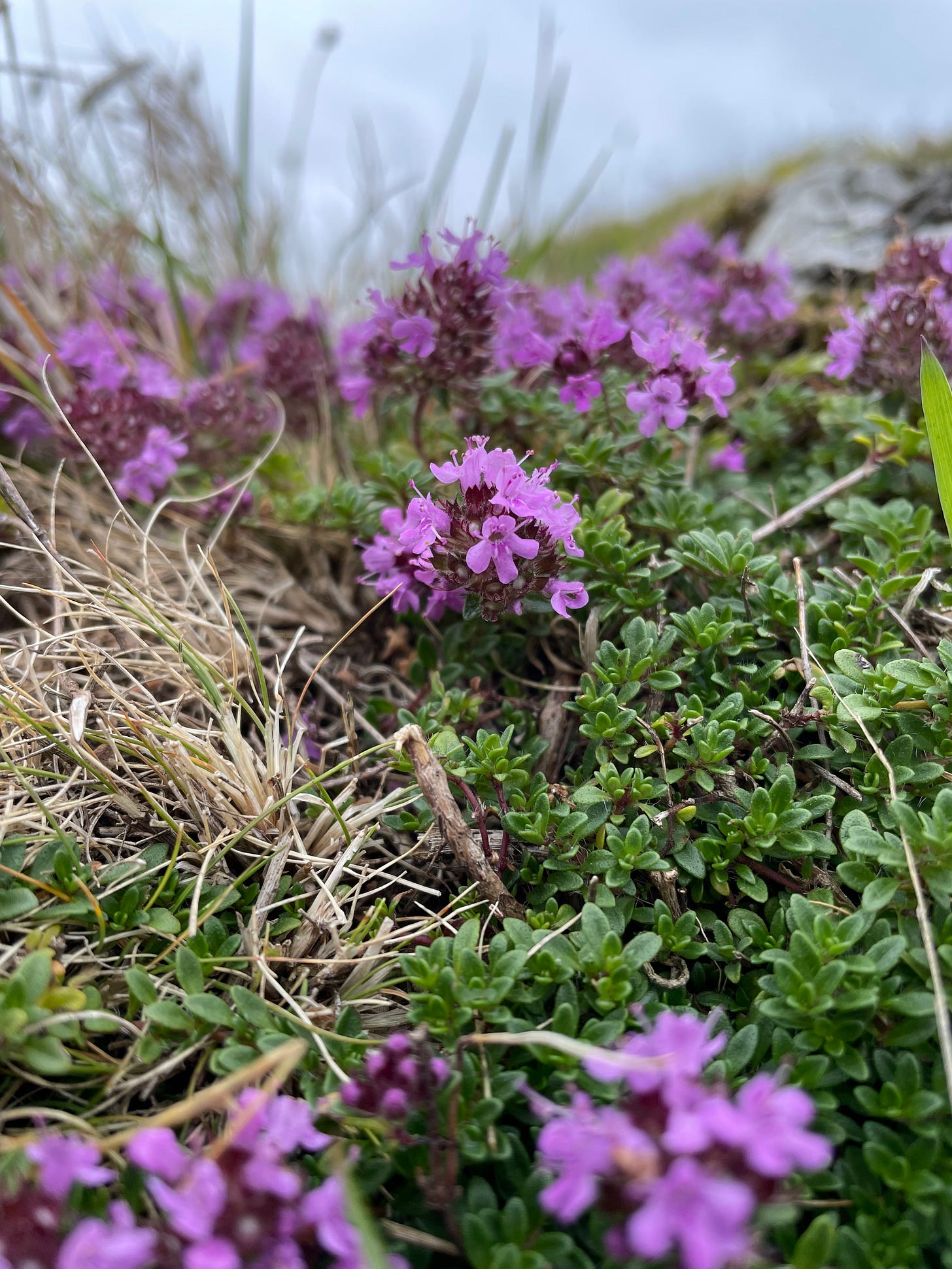
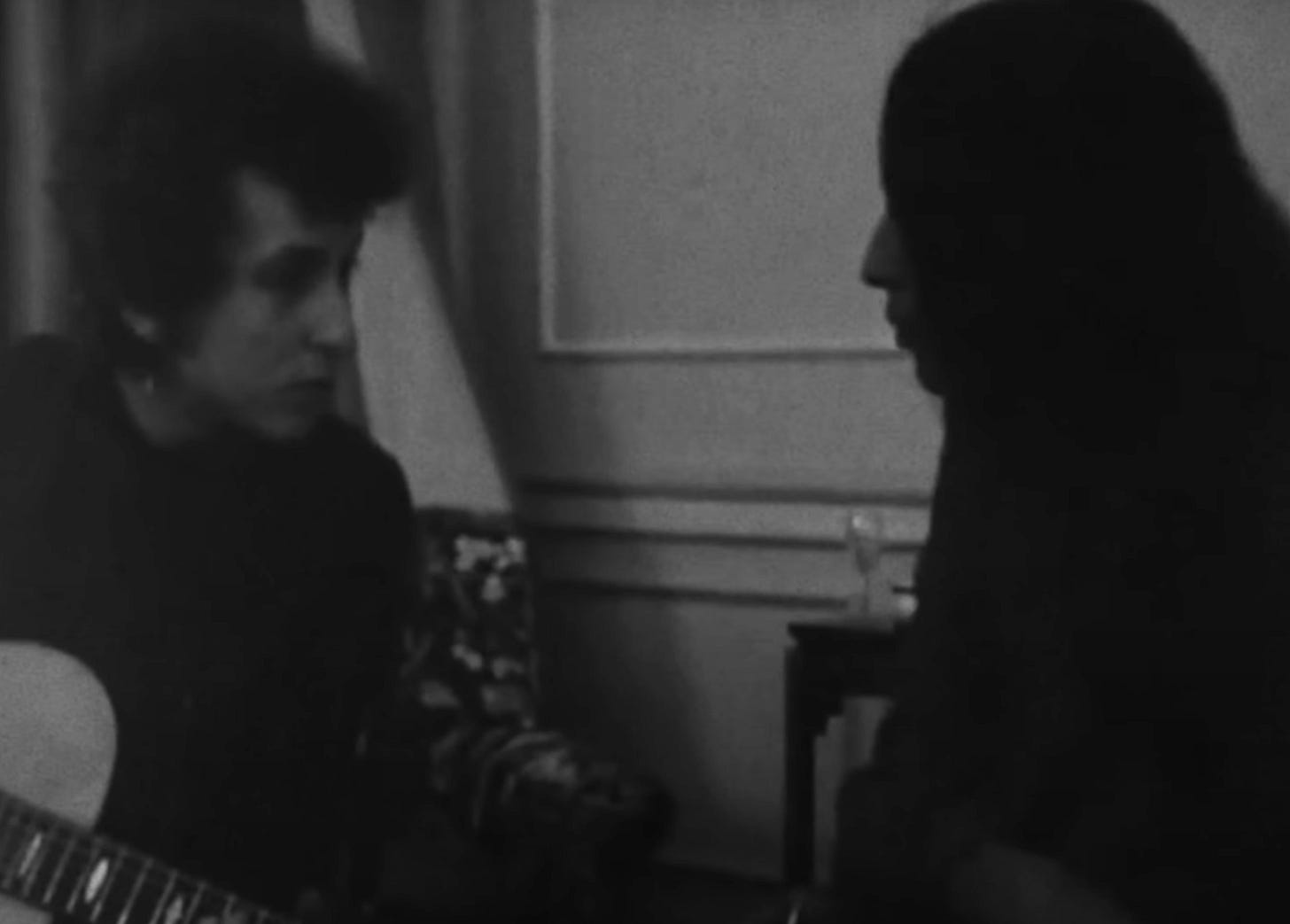
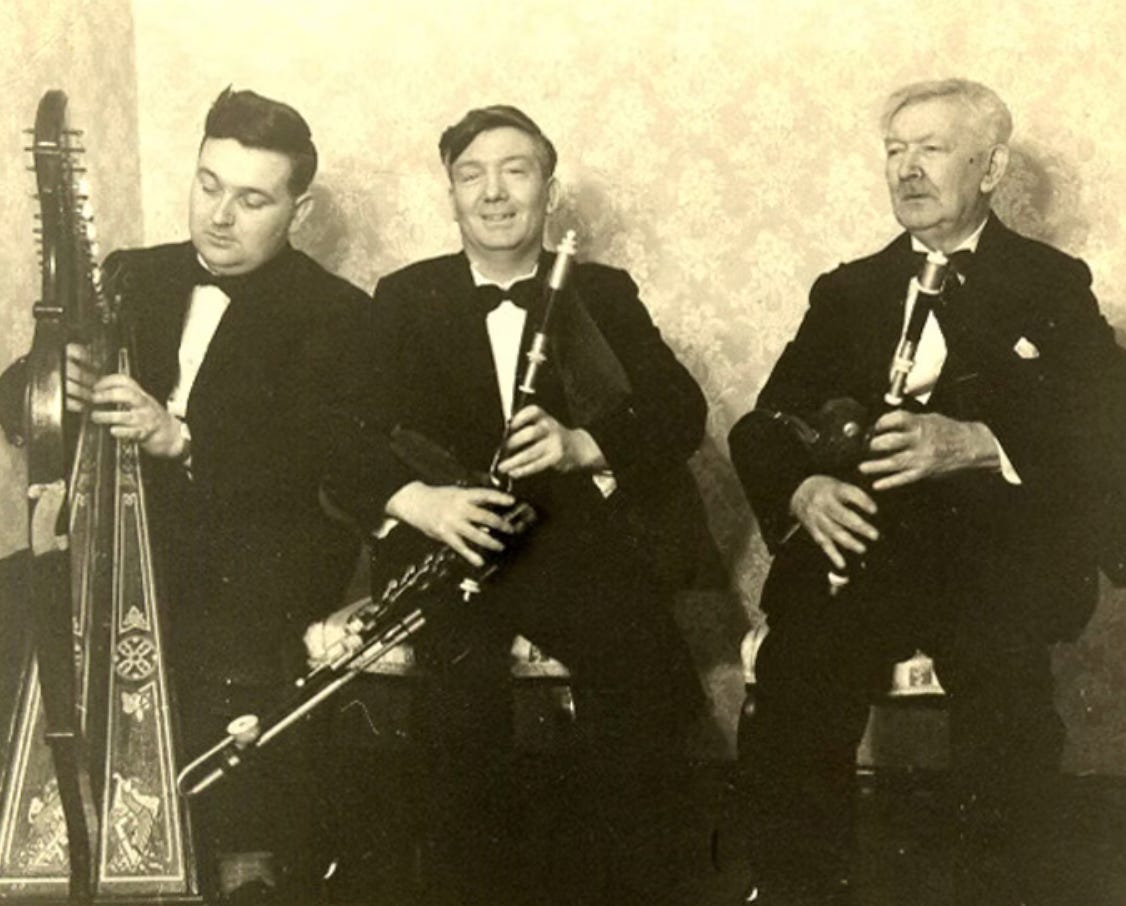


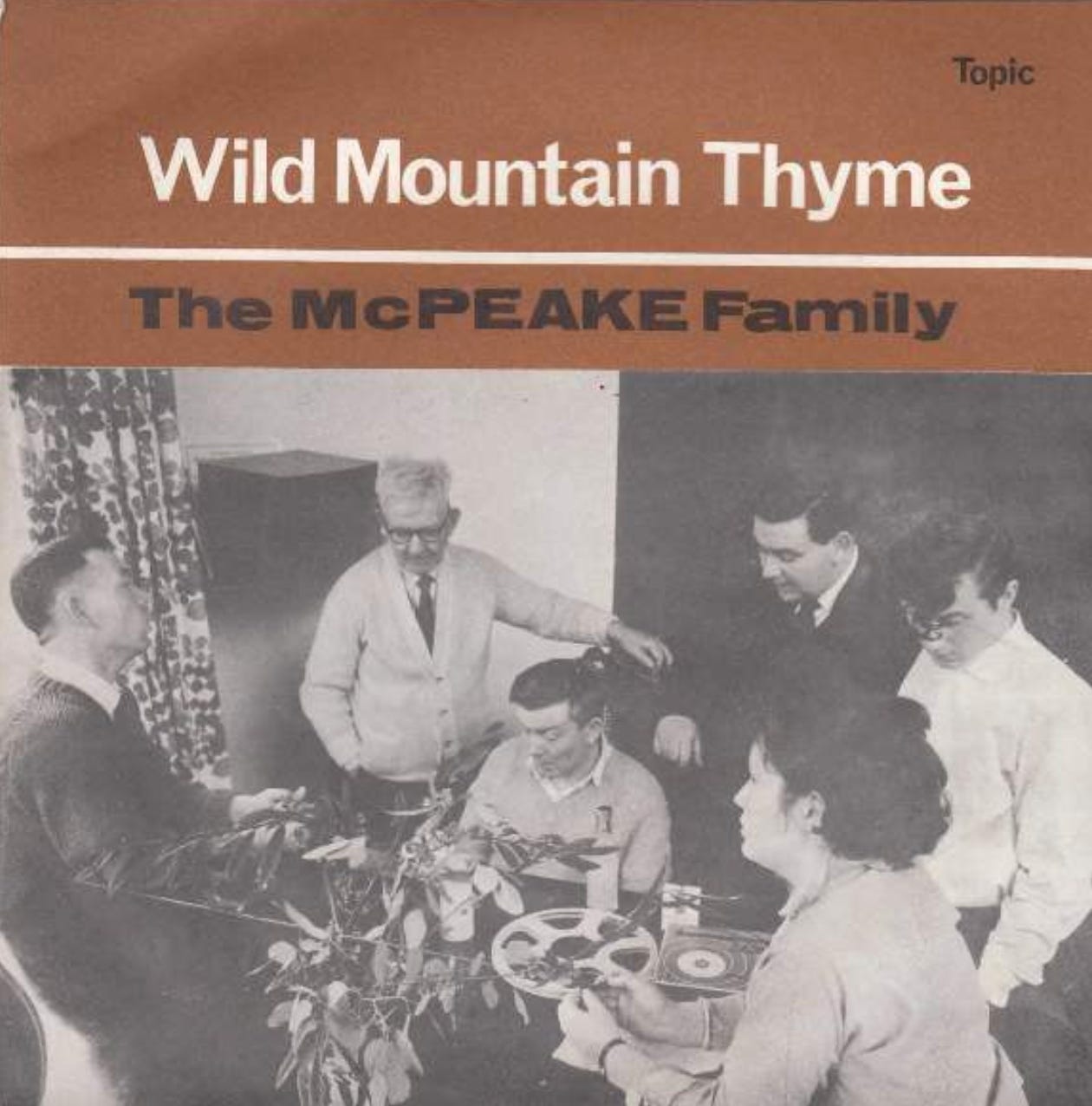
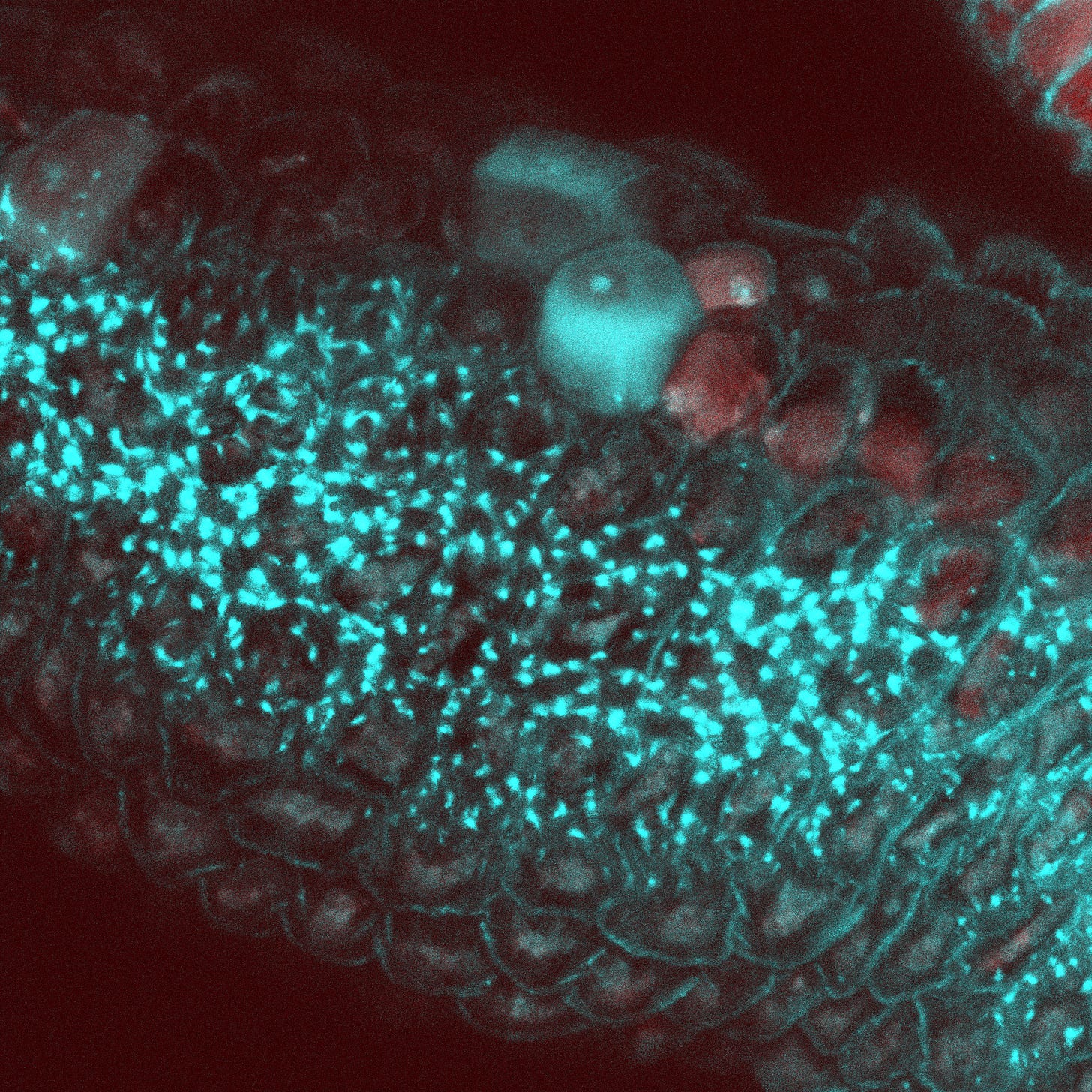
Go gently, Karine, and may your sore heart be soothed. Thank you for this lovely re-appraisal of an old song we all know so well and yet don’t know at all.
Moved and educated by this lovely, thoughtful story. I miss have to sing this for you in my wee gig later. Heartbrake is the worst. It never completely goes away but keeps coming back to haunt and torment. I've swap it for a broken bone any time. When they heal they usually heal forever. But, you are strong and an inspiration to so many. Love you gal. Keep on keeping on and inspiring us forever. Nx 🤗